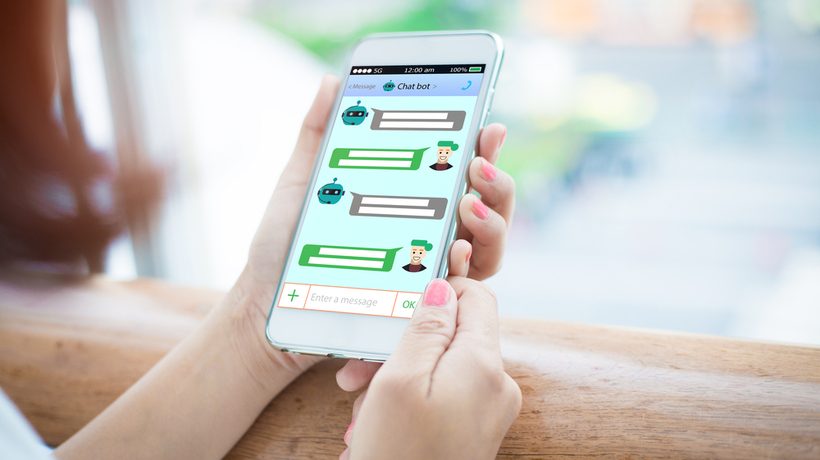In today’s fast-paced digital era, artificial intelligence (AI) has emerged as a transformative force, reshaping how we interact with technology and each other. Among its most accessible and widely used innovations are AI chatbots—virtual assistants designed to simulate human-like conversations. Available online across various platforms, these chatbots have become indispensable tools for businesses, educators, and individuals alike. But what exactly makes AI chatbots so revolutionary? Let’s dive in.
What Are AI Chatbots?
AI chatbots are software programs powered by artificial intelligence designed to engage in text- or voice-based conversations with users. Unlike traditional chatbots that rely on pre-programmed responses, modern AI chatbots leverage machine learning (ML) and natural language processing (NLP) to understand context, interpret intent, and provide more dynamic and personalized responses.
From answering customer queries to offering mental health support, their versatility is what sets them apart. Whether you’re chatting with a virtual assistant like ChatGPT or interacting with AI chatbot Vidqu AI on an e-commerce website, AI chatbots are everywhere.
Why Are AI Chatbots So Popular?
The rise of AI chatbots online can be attributed to several factors:
- 24/7 Availability
One of the biggest advantages of AI chatbots is their round-the-clock availability. Unlike human agents who require breaks, chatbots can work tirelessly, ensuring users get instant responses at any time of day.
- Cost-Effective Solutions
For businesses, implementing AI chatbots reduces the need for large customer support teams. This not only cuts costs but also improves efficiency by automating repetitive tasks.
- Personalized Interactions
Advanced AI chatbots can analyze user data to offer personalized recommendations or solutions. For example, an AI-powered shopping assistant might suggest products based on your browsing history or preferences. AI girlfriend online free platforms allow you to talk to an AI chatbot for companionship.
- Scalability
Chatbots can handle multiple conversations simultaneously, making them ideal for high-traffic scenarios. Whether it’s a flash sale or a viral marketing campaign, chatbots ensure no customer query goes unanswered.
- Language Versatility
Many AI chatbots are multilingual, breaking down language barriers and enabling seamless communication across the globe.
Popular Use Cases for AI Chatbots Online
The applications of AI chatbots are as diverse as the industries they serve. Here are some of the most common use cases:
- Customer Support
Businesses use chatbots to handle FAQs, troubleshoot issues, and guide users through processes like returns or account setup. Companies like Amazon and Shopify have integrated chatbots into their platforms to enhance customer experience.
- Education and Learning
AI chatbots like Duolingo’s virtual tutors help users learn new languages by engaging them in interactive conversations. Similarly, educational institutions are adopting bots to assist students with admissions, course selection, and study tips.
- Healthcare Assistance
Chatbots such as Woebot and Ada offer mental health support and preliminary medical advice, making healthcare more accessible to users worldwide.
- E-commerce and Retail
Virtual shopping assistants recommend products, track orders, and even process payments, creating a seamless online shopping experience.
- Entertainment
From playing trivia games to generating creative writing prompts, chatbots are also used for entertainment purposes. Platforms like Replika even offer companionship by simulating human-like interactions.
AI Chatbots Limitations
Despite their numerous advantages, AI chatbots are not without limitations:
- Lack of Emotional Intelligence
While some chatbots are designed to mimic empathy, they lack genuine emotional understanding, which can sometimes lead to unsatisfactory interactions.
- Complex Queries
Chatbots excel at handling straightforward tasks but may struggle with nuanced or highly specific questions that require deep contextual understanding.
- Privacy Concerns
Since bots often collect user data to improve performance, concerns about data security and privacy remain significant challenges.
- Over-Reliance on Technology
Excessive reliance on chatbots may result in users feeling disconnected from human interaction, especially in sensitive situations.
Conclusion
AI chatbots have revolutionized online communication by offering instant, scalable, and personalized interactions. Whether you’re seeking customer support or simply looking for a conversational partner, these digital assistants have something for everyone. However, as we embrace this technology, it’s important to address its limitations and ensure ethical practices in its deployment.
As AI continues to evolve, so too will the capabilities of chatbots—making them an even more integral part of our digital lives. So the next time you engage with an online chatbot, take a moment to appreciate the complex technology working behind the scenes to make your experience seamless and efficient!



